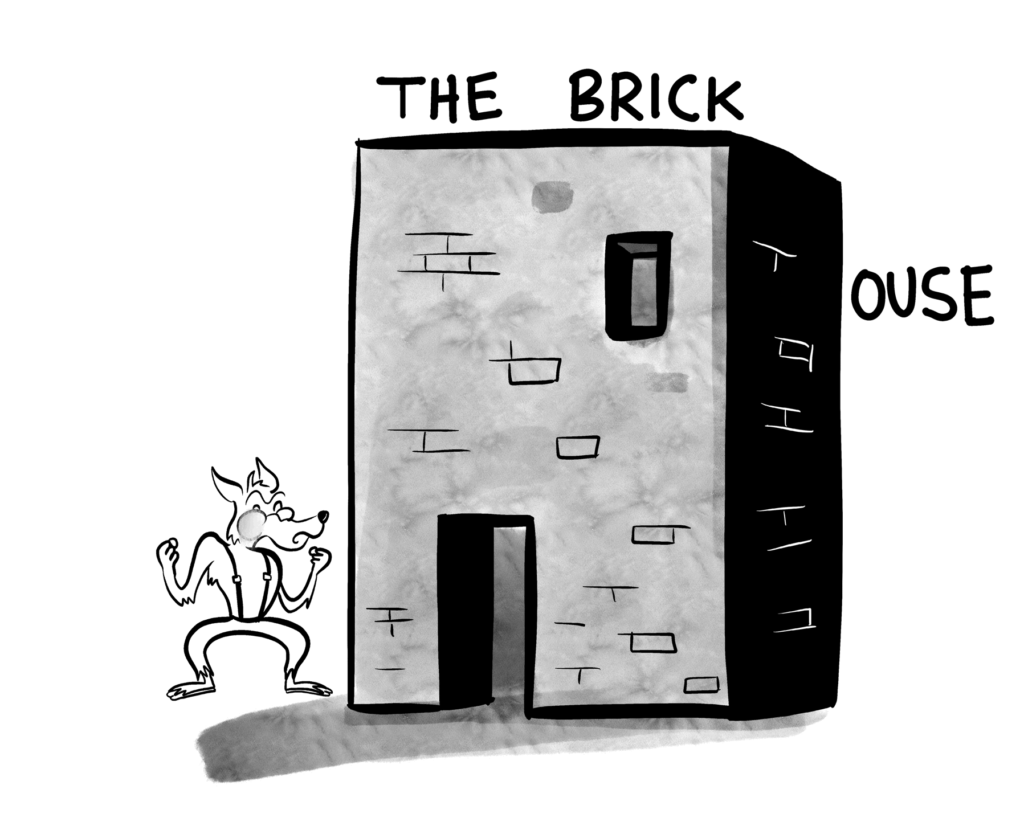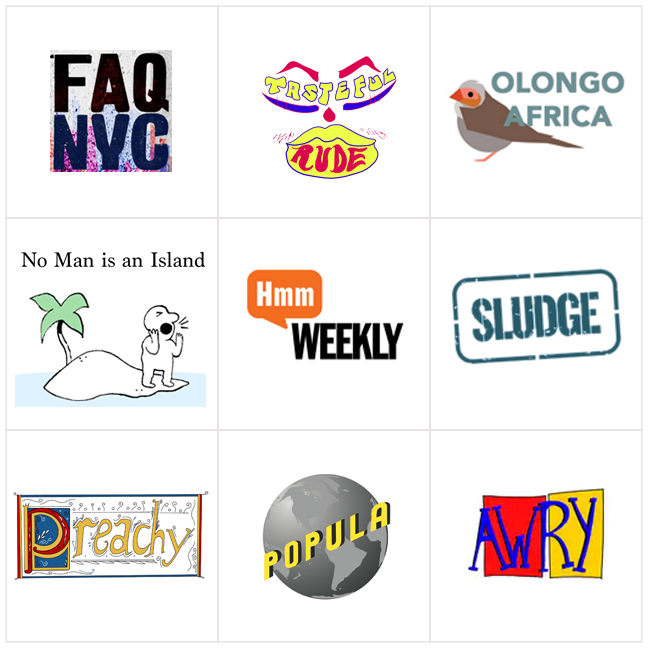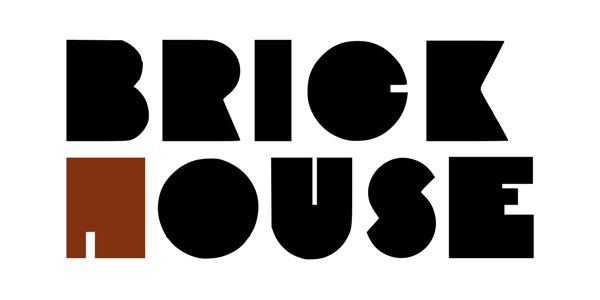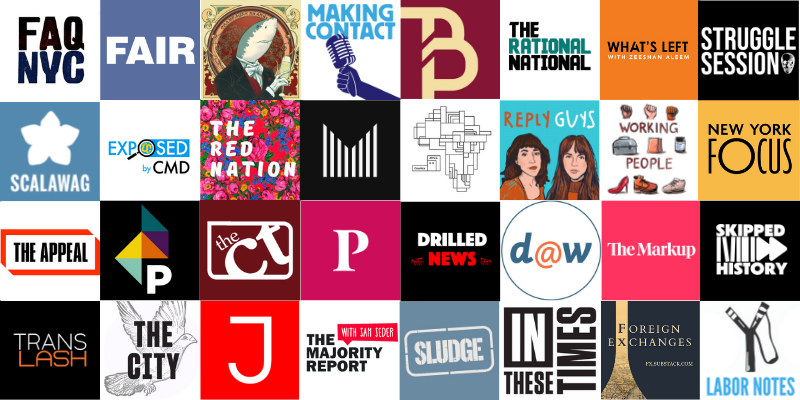Over the past few years, many popular news sites and blogs have been shuttered by contractions in the advertising market, wealth extraction by private equity owners, and the agendas of billionaires. If you spend time online, you probably remember their work and influence—to name a few: Gawker was forced to shut down in 2016, then The Awl and The Hairpin compelled to close in early 2018; later that year, Rookie magazine; last fall, Splinter, and then Deadspin. Local news, of course, has been ravaged, with the closure of DNAInfo neighborhood news in late 2017, as well as the Village Voice in 2018, and dozens of small papers and alt-weeklies nationwide.
The writer Clio Chang described the changes brought on by media consolidation as “The Decade the Internet Lost Its Joy,” and anxiety remains in the business: many independent sites are running on fumes, competing for subscription revenue with legacy media giants who acquired their digital audiences with bountiful funding in the early 2000s and locked them in on social media platforms (Sludge very much included). The result of the current ecosystem is local news websites choked with video ads, clickbait headlines from once-vibrant publications that now mostly just embed tweets, and misinformation circulating on Facebook while masquerading as op-eds.
The Brick House Cooperative is a new independent media collective designed by veteran journalists and independent editors to counter these industry trends and produce more quality work. Sludge is excited to be a founding member of the coop, announced today with a mission to preserve press freedom and independent publishing.
Check out the Kickstarter to see the member projects and Advisory Council that have come together to support media that’s journalist-driven and creator-owned—accountable to readers, not corporate executives. For more background, see today’s story by Ben Smith, media columnist for The New York Times.

At the center of The Brick House is a cooperative operating agreement, designed to work counter to the harsh business climate that has dropped out the floor under independent media. In the contemporary media landscape, what can be described as the “middle class” of professional, independent publications has been hollowed-out by a decline in revenue for journalism.
Because of the data trove they’ve acquired to target ads so granularly, Facebook and Google commandeered nearly 60% of digital advertising revenue in 2018, withering the funding sources for local news and policy journalism. Philanthropic funding for non-profit journalism is under stress—not many newsreaders may realize that many large foundations that have supported journalism stopped making new charitable grants to individual publications in the past few years because so many news organizations are in need.
With the decline in local and policy journalism, polling shows that people are more divided and less informed. Thirty-five percent of Americans have a low level of trust in others amid the COVID pandemic, and these adults are more likely to say the government is overreacting to the outbreak. Nearly one-third of Republicans said journalists have very low ethical standards, compared to 5% of Democrats. The 18% of Americans who primarily get their news from social media, rather than from TV or news websites, are less likely to get the facts right about the coronavirus or how the U.S. political system works, and are more likely to hear unproven claims like conspiracy videos. Small and medium-size newsrooms, meanwhile, are spending more time fundraising, which leaves less time for producing in-depth reporting read widely on the internet.

Developing business models for independent teams to support their projects through micro-donations and small-donor memberships can produce much more quality, uncompromising work in the world. Email newsletters are effective at getting headlines out quickly, but they don’t do everything that webpages do—emails don’t present interactive graphics at-a-glance, and the SEO is often owned by a hosting platform instead of journalists’ own domain. On the demand side, news consumers are reporting “subscription fatigue” with paying for paywall access to individual national and state news websites, longstanding national news magazines, Substack newsletters, Patreon projects, and other projects separately asking for their money.
The Brick House Cooperative offers subscribers access to a bundle of nine publications to start, run by veteran journalists and creators, at a cost of four months for $25 or a year for an early-bird rate of $60 (eventually, an annual subscription will be $75 regular). If the Kickstarter is successful, this funding will go towards the coop’s startup costs, which will bring subscribers a jam-packed newsletter every week of links to one-of-a-kind projects on Brick House members’ own sites.
For Sludge’s part, we’ll be rebooting our weekly member newsletter, The Sludge Report, a rundown of the most corrupt politicos in the headlines. (Current Sludge members will also get it in their inboxes—your recurring donations directly make our work possible.)
We’re also offering our first-ever printed zine, The Book Of Receipts, with notes on the stories behind some of our most-read article over the past two years, plus image and collage work around themes of corruption and conflicts.
The $85 pledge for one year of Brick House subscription offers, as an option, a full-size poster of one of our most popular rewards from Sludge’s Kickstarter last year, the “Green New Deal” poster by cartoonist Ron Regé, Jr., which had in its previous incarnation been a smaller-size 12×18 digital print.
Three of Brick House’s founding members were our colleagues in the “First Fleet” of grantees from the Civil media company, which earlier this year was absorbed back into the ConsenSys venture studio. Sludge readers are likely to recognize them: Popula, the alternative global magazine of news and culture; Hmm Weekly, the blog that’s now an email newsletter; and FAQ NYC, a podcast with the most interesting people in New York City, digging into what’s happening now.
We’re very excited to be joined by five more projects: AWRY, a new hub for comics edited by Jason Adam Katzenstein; Preachy, writing about spirituality, religiosity, and art and music, from Mike Kanin and Sunny Sone of the Texas Observer; OlongoAfrica, an opinion and literature project from editor Kọ́lá Túbọ̀sún; Tasteful Rude, a project on literature and politics and celebrity by writer Myriam Gurba; and No Man Is An Island, a blog focused on the connections between everyday life and politics, by Taiwan-based editor Brian Hioe.
The members of The Brick House Cooperative have come together to build this stable foundation, subscriber by subscriber, because we share a vision for how independent projects can sustainability grow together. Brick House members will share publishing resources and split future subscription revenue, while pledging to uphold the code of conduct and publishing commitments to stay in good standing with the collective. Subscribers, for their part, then have the confidence to know that their contribution is going directly to support independent creators putting out the kind of work that they think is most important, most worth their time to make, and most worth subscribers’ time reading (less shallow clickbait, more originality).
Underlying The Brick House Cooperative is the formal structure itself—as an Ohio cooperative, it’s trustworthy for the member publications contributing their labor and creative effort, and it’s transparent to readers who subscribe to receive nine original publications. If we succeed in launching our cooperative home, the structure of our organization offers a way to grow and bring in more projects. Individual freelancers will be able to contribute reporting or creative work to coop members; new publications will be able to join, according to the coop’s operating agreement, and introduce themselves to new audiences through cross-promotion and collaborations.
Most of all, the Brick House is a hopeful project that the internet can be more like Bandcamp and less like Spotify—less commercialized and centralized, more dedicated to supporting a diverse and sustainable ecosystem. To follow along, follow BrickHouseCoop on Twitter, encourage folks to sign up for email updates from the coop, and check out the many Kickstarter rewards to see if you’d like to help us build this new model.



